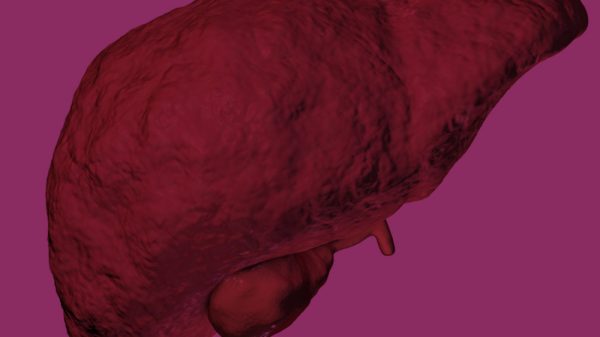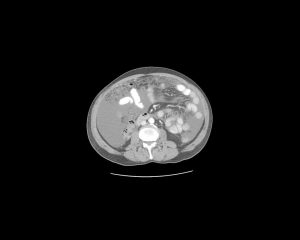Lactulose and hepatic encephalopathy: Lactulose medication is used to treat many diseases including hepatic encephalopathy. Some of the functions carried out by lactulose when it goes into the body is that it treats constipation. This drug is best used when prescribed and as prescribed. It can be administered orally or rectally in order to avoid complicating the condition.
Lactulose on Hepatic Encephalopathy: How Does It Work?
Lactulose is frequently prescribed for hepatic encephalopathy treatment due to its efficacy in relieving the symptoms and also it has only a few severe side effects unlike many of the other medications. There is still a debate on how exactly the synthetic sugar, works but there is evidence to show that the enteric flora needs to metabolize in order for it to carry out its work.
When lactulose is metabolized more nitrogen will be incorporated by the bacteria along with the mass of the bacteria. The carbohydrate present and the high acidity of the surrounding which was caused by organic acid production contributes to stopping more nitrogen-containing substance or compound to breakdown into ammonia and some potentially dangerous cerebral toxins.
When human takes this medication it will result in a higher amount of ammonia nitrogen majority of which can be found in the stool’s soluble fraction and fecal bacteria. Lactulose administration will cause the rate of urea production to reduce including a reduced ammonia entry into the portal blood. However, this does not seem to inhibit the degradation of urea directly.
Other synthetic sugar or non-absorbable saccharides especially the ones gotten from dietary fiber seem to have similar effects like lactulose. Evidence suggests that lactulose a be administered together with neomycin for a stronger additive effect for hepatic encephalopathy treatment. Doctors normally give this to patients who are not responding to lactulose adequately.
How to Administer Lactulose
If this medication is to be taken orally then it should be used three to four times daily or as instructed by a doctor. The taste can be improved by mixing it with water, fruit juice, soft dessert, or milk. The main goal here is that the patient has two to three daily soft stools. However, the dosage to be taken will depend on how responsive the patient has been and their medical condition.
When taken rectally, the recommended dosage should be mixed in normal saline or water. Apply the solution and allow the liquid to stay in the rectum for the next thirty to sixty minutes or as instructed by the doctor. If the medication is kept below thirty minutes then it should be repeated unless told otherwise.
This medication should be used regularly for optimum benefit and effect. Remember that is is to be used at the same time daily. Rectal administration of lactulose can improve mental status for like two hours. But oral administration may require up to twenty-four to forty-eight hours.
Side Effects of Lactulose
Bloating, gas, nausea, stomach pain, cramps, and burping may happen. If they persist or gradually worsen please notify a pharmacist or doctor immediately.
Remember that the doctor prescribed this drug after weighing the pros and cons and judged that there are higher chances of a benefit than developing side effects. The majority of the people who used this lactulose medication do not experience its side effect so the chances are slim.
However, if you notice any of the following severe side effects seek urgent medical attention. The symptoms are vomiting, diarrhea, seizures, irregular heartbeat, muscle weakness and cramps, and mood changes.
Developing severe allergy is highly unlikely but if it does happen then run to a doctor. The symptoms of a severe allergic reaction are itching/swelling, severe dizziness, rash, difficulty in breathing.
Precaution
Let your physician be aware before you decide to use lactulose. He or she may be able to share in-depth details about the drug in relation to your specific case.
People with certain conditions are not permitted to use lactulose like those with galactose poor diet should use this drug. Those with bowel issues should also be exempted.
While on this drug avoid any laxative as overuse or frequent use of laxatives may result in dehydration, that is, loss of water in the body. Elderly people and children are more prone to having this issue. Dizziness, muscle weakness, and muscle cramps are signs of dehydration and your doctor should be informed immediately they are noticed.
In case you would be going for any surgery or medical procedure such as electrocautery, let your surgeon or doctor know you are on this medication.
There are different sugars in this medication so diabetic patients may be affected. So if you are diabetic and using lactulose there has to be a regular check-up of your blood sugar and let your doctor be fully involved throughout the process. Your medication for diabetes may have to be adjusted or it might be your diet or exercise program.
At pregnancy, lactulose should be avoided unless it is clearly needed. There is not enough information on how or if this drug affects the child so it’s best to tread with caution in the time being.























